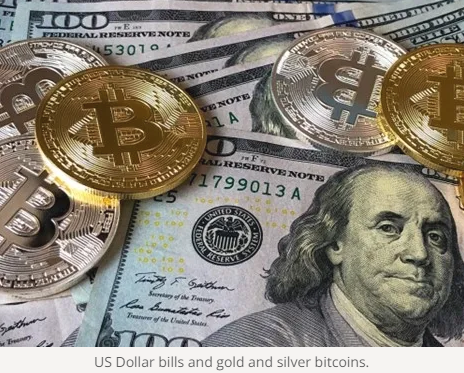Inflation is a pressing economic concern that has wide-reaching implications for individuals and families. While research on the impacts of inflation on mental health is sparse, the evidence suggests significant correlations between rising prices and deteriorating mental health.
Inflation and its Impacts
Inflation is a sustained increase in the general prices of goods and services. It is measured as an annual percentage change. When inflation is low and stable, it tends to have little impact on everyday life. However, when inflation rates rise, even modestly, it can have major implications on people’s spending power and standard of living.
When inflation occurs, every dollar you have buys less than it did before. This means that inflation erodes purchasing power.
There are several ways in which inflation can impact mental health.
Financial Insecurity and Anxiety
Inflation can lead to feelings of financial insecurity and anxiety. This is because when prices rise, individuals may feel unable to keep up with the cost of living. This can be particularly detrimental for those already struggling to make ends meet. In addition, research has shown that inflation can lead to increased levels of stress and worry. According to Very Well Mind, financial stress can lead to several issues, including exhaustion, anxiety, and even relationship problems (Very Well Mind, 2022).
Impacts on Standard of Living
Inflation can also have impacts on the standard of living. People may be forced to cut back on non-essential items as prices increase or forego certain purchases altogether. This can lead to feelings of deprivation and dissatisfaction. In addition, research has shown that inflation can lead to social tensions and conflict. A study conducted in Argentina found that periods of high inflation were associated with increased rates of domestic violence.
Strategies to Cope with Inflation-Related Stress
There are several things that people can do to manage the stress that is associated with inflation. Some coping strategies include:
· Making a budget and sticking to it: This can help you keep track of your spending and ensure you are not overspending.
· Cutting back on non-essential items: If your budget is tight, you may need to cut back on some of your discretionary spending. Try to focus on essential things like food, shelter, and transportation.
· Building up an emergency fund: Having some savings set aside can help you weather periods of high inflation.
· Investing in inflation-proof assets: Some investments tend to hold their value during periods of inflation. These include things like gold, silver, and real estate.
· Staying informed: Keeping up with the latest inflation news can help you better understand what is happening and make more informed decisions about your finances.
· Seeking professional help: If you are struggling to cope with the stress of inflation, you may want to consider seeking professional help from a mental health professional.
Final Thoughts
While the effects of inflation on mental health are significant, a number of things can be done to mitigate these impacts. First, staying informed about inflation is important, and understanding how it can impact your finances. Second, consider implementing some of the coping strategies listed above. Finally, if you are struggling to cope with the stress of inflation, seek professional help from a mental health professional.

References
Very Well Mind. (2022). High Inflation Rates Impact Almost Every Aspect of Our Lives, Including Mental Health. Retrieved from Very Well Mind: https://www.verywellmind.com/how-rising-inflation-is-impacting-mental-health-5546955

